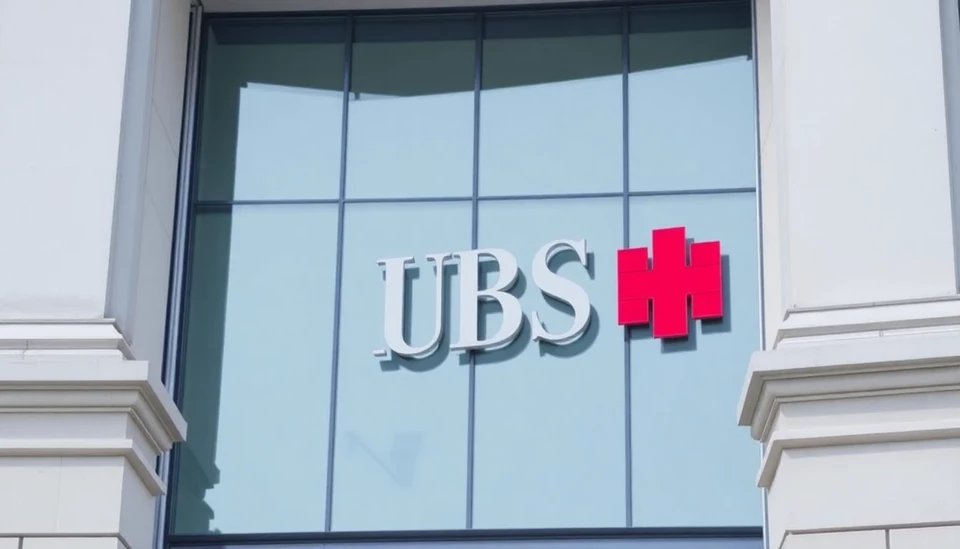
The Swiss National Bank (SNB) maintained its distance from foreign exchange markets, despite a significant rally in the Swiss franc during the third quarter of 2024. This decision comes as the currency appreciated against its peers, raising questions regarding the SNB's interventionary policies and its broader monetary strategy.
During the third quarter, the Swiss franc rose sharply, propelled by several global economic factors, including heightened geopolitical tensions and central banks' tightening monetary policies in other major economies. Analysts noted that the franc's increase could put pressure on domestic economic conditions, particularly for Swiss exporters who may struggle with international competitiveness due to a stronger currency.
Interestingly, the SNB's continued abstention from active involvement in the foreign exchange market marks a significant strategic choice. Historically, the SNB has engaged in interventions to manage excessive fluctuations and prevent the frank from becoming overly strong, which could adversely affect Switzerland’s export-driven economy. However, this time around, the bank refrained from such actions, signaling confidence in its existing policies and potentially prioritizing long-term economic stability over immediate corrective measures.
Market observers are interpreting the SNB’s decision as an indication of its commitment to maintaining a flexible monetary stance. The central bank has signaled that it intends to keep the Swiss franc stable without risking distortions in the currency market through direct interventions. Some experts suggest that maintaining this position may also reflect a confidence in the resilience of the Swiss economy amidst external pressures.
It’s essential to recognize that this current strategy could have dual implications. On one hand, the choice to avoid intervention might foster market stability in the long run. On the other hand, should the franc's strength persevere or intensify, it could continue to present challenges for Swiss exporters and the overall trade balance. This delicate balancing act will likely remain under close scrutiny by economists and policymakers alike.
In summary, the SNB's recent stance is a pivotal moment as observers await further developments in the foreign exchange market and evaluate the central bank's ongoing strategy amid changing economic conditions. As we move into 2025, all eyes will be on how the SNB navigates these complex challenges while maintaining its commitment to monetary policy effectiveness.
#SwissNationalBank #ForexMarkets #SwissFranc #MonetaryPolicy #EconomicTrends #MarketAnalysis
Author: Rachel Greene




